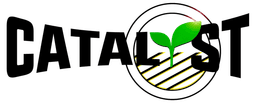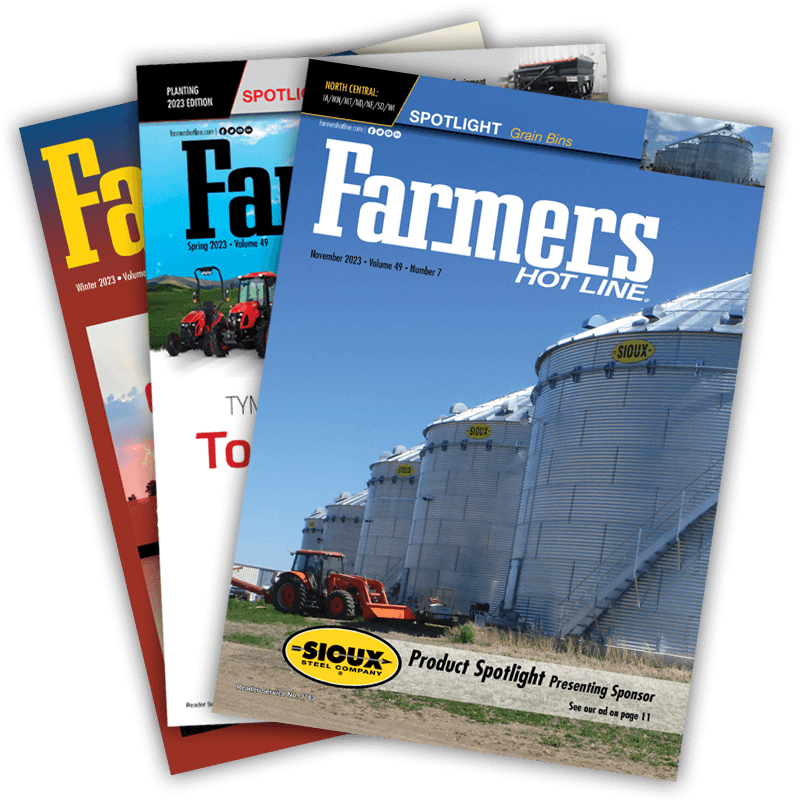Beef Specialist: Producers Must Address Cold Stress In Herds
 Cold stress on beef herds should be addressed for animals during the winter to maintain necessary body condition going into the calving season, a Purdue Extension beef cattle specialist says.
Cold stress on beef herds should be addressed for animals during the winter to maintain necessary body condition going into the calving season, a Purdue Extension beef cattle specialist says.
Ron Lemenager said cattle can maintain an optimal body condition score of 5 to 5.5 - an industry rating of body weight - that would allow the animal to more readily adapt to low winter temperatures as long as they have a dry winter hair coat and access to a windbreak. But he said that when wind chill dips below 30 degrees Fahrenheit, cows need more energy.
The energy requirement for a cow with a good body condition and a dry winter hair coat increases by 13 percent for each 10-degree Fahrenheit drop in wind chill factor below 30 degrees. The energy requirement for a cow that is thin, or has a wet coat, increases 30 percent with each 10-degree drop in wind chill.
"We need to think about supplementing forage-based maintenance diets with a high energy feed during cold spells that last more than a couple of days," Lemenager said. "Energy supplements could include corn, soybean hulls and wheat midds."
Lemenager said it takes about one pound of these high-energy feeds per animal per day for each 10-degree drop in wind chill. He also said feeding beef herds in the late afternoon or early evening increases the animals' body heat going into the lowest night temperatures.
Producers also should consider the amount of water cows have access to; Lemenager pointed out that insufficient water would decrease the amount of feed that cows would consume.
Techniques that help reduce costs of managing cold stress include providing natural wind breaks such as tree lines and hills, or manmade structures. Lemenager suggests not housing cows in a closed barn during winter months, as the humidity in those conditions may lead to respiratory problems.
Writer: Emma Hopkins, 765-494-8402, hopkine@purdue.edu Source: Ron Lemenager, 765-494-4817, rpl@purdue.edu


